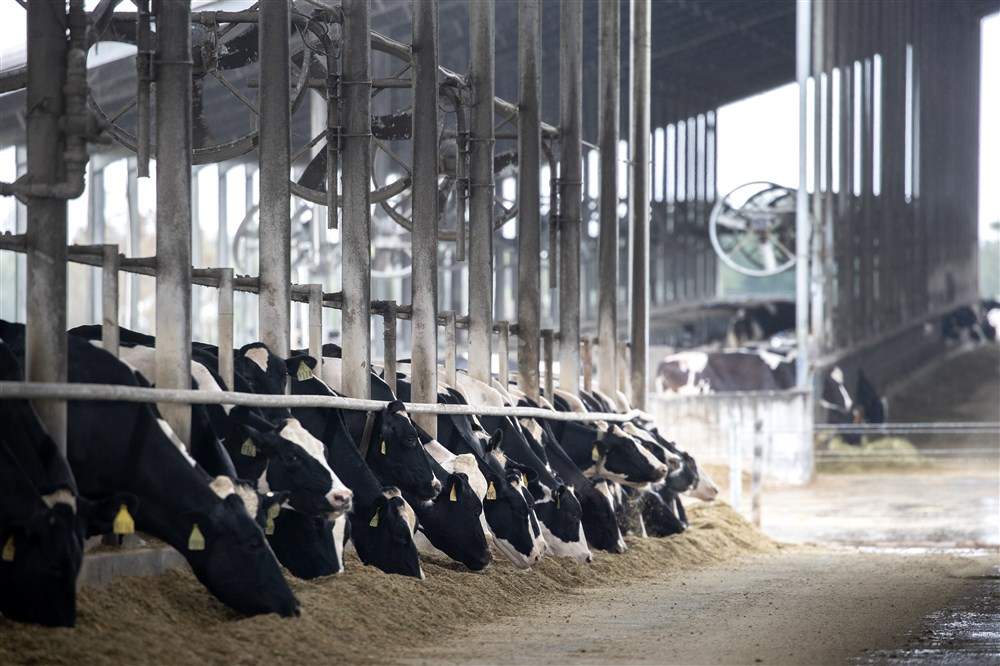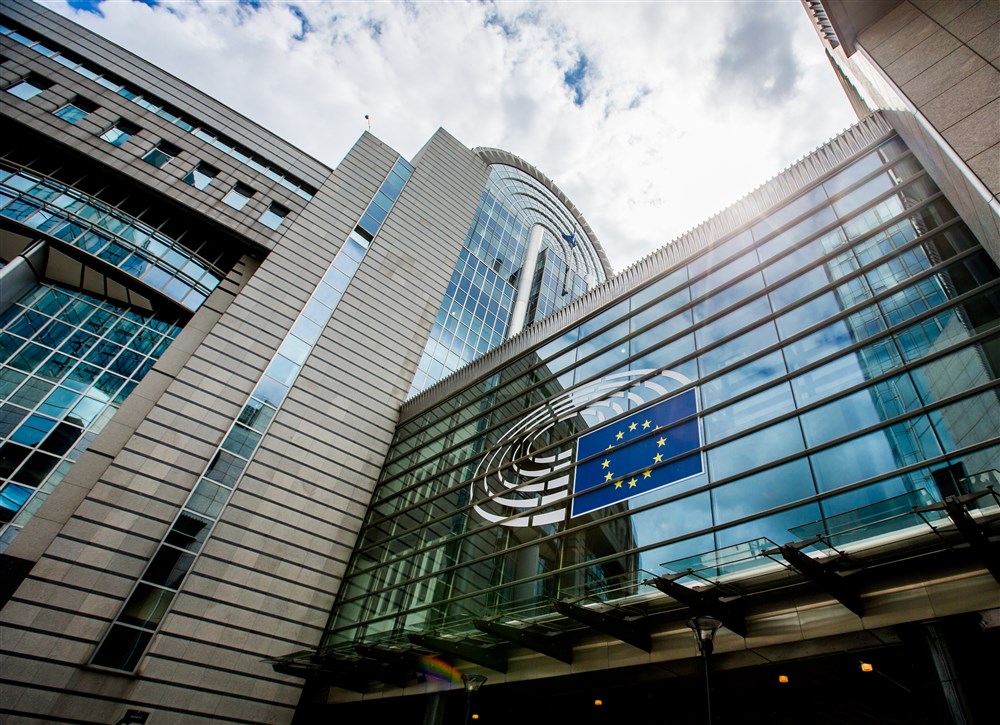Dire warnings of de-industrialisation in Europe are “pure lobbying”, according to Pierre Régibeau, who on July 31 stepped down as the European Commission’s chief economist.
In an interview with Belgian newspaper De Tijd, Régibeau dismissed what he called “alarmist” fears in favour of his preferred “hard-line free-market solutions”.
If these solutions lead to the disappearance of European industry “so be it”, he told the newspaper.
The barring of the US candidate Fiona Scott Morton to succeed him as Brussels chief economist was the result of French “political scheming”, he added.
Several economists and industrialists have warned that the industrial sector in Europe is vanishing. Examples cited include a large project planned in Belgium by chemicals giant Ineos that is on the verge of being torpedoed due to environmental laws.
Employers’ federations, academics and major investors cry foul and say Europe is on a trajectory of de-industrialisation and “collective impoverishment”.
Régibeau said this was “pure lobbying” and “alarmism”. Industry lobbyists only consider their “own benefit”.
“If it [heavy industry] disappears, so be it, because it has to,” he said.
“What is the point of producing basic steel here [in Europe] if we can buy it three times cheaper in Indonesia?”
Concerns over related pollution in exporting countries can be tackled with import taxes and “environmental norms”, Régibeau said, adding: “If importing is even cheaper, I don’t see the problem.”
Questioned about the possible impact on unemployment in the European Union, he said: “Economies are flexible, they evolve. Shocks are absorbed.”
As long as the bloc maintains “good institutions and good education” there was little to worry about.
Régibeau did admit to concerns regarding the environment, saying: “Given the scale of the climate crisis, no transition goes far enough. We must continue to vigorously fight local pollution.”
Until his retirement, Régibeau had helped shape European economic policy for years; his intended successor caused quite a stir. It was EC Vice-President Margrethe Vestager who proposed Morton, but that idea was met with fierce opposition; many were outraged by the choice of a non-European. Morton’s previous role as consultant for US giants such as Amazon, Apple and Microsoft was also considered problematic.
Régibeau described the decision to ditch Morton, a decision backed by French President Emmanuel Macron and European Commissioner for Internal Market Thierry Breton, as “sheer opportunism in its pure state due to electoral expediency”.
“Breton,” he said, “also saw it as an opportunity to harm Vestager. It’s as simple as that.”
Régibeau claimed an open, free-markets approach is best for the European economy. He rejected calls to reverse globalism in order to solve geopolitical and economic challenges.
He said it had been his job to make markets work “as smoothly as possible” and in harmony with certain policy goals such as the “greening” of the economy.
Régibeau acknowledged that in “exceptional circumstances”, such as the Covid pandemic or the war in Ukraine, there could be temporary measures taken alongside state support, but added that in the end “the [European] economy should adjust itself”.
He said he felt it was “legitimate” to strive towards industrial independence but only in specific strategic sectors including microchip manufacturing and rare minerals, and only then on a European level.
“Today, however, we see Member States of the Union, the most prosperous ones, trying to give massive state aid to their own companies, favouring them, under the pretext of European independence. This undermines our European model,” he said.
“If it is not for security reasons, there is no reason to want to keep certain economic activities in Europe.”





